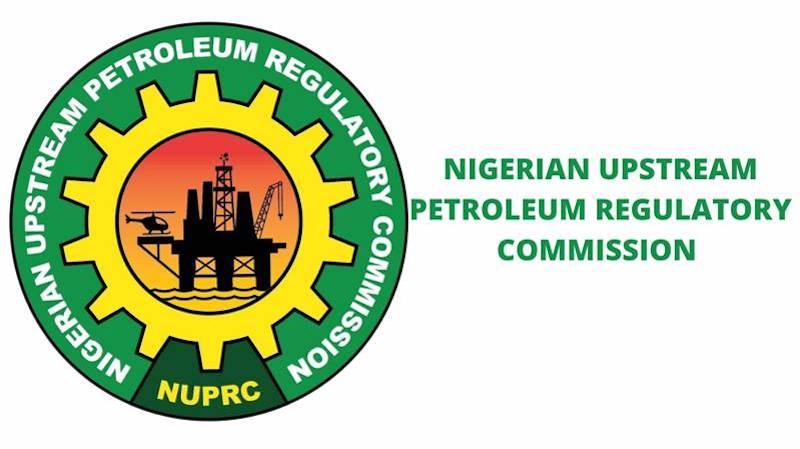Chineme Okafor in Abuja
The Minister of State for Petroleum Resources, Mr. Timipre Sylva, has said that Nigeria’s strategy through the Nigerian Gas Flare Commercialisation Programme (NGFCP), to end the practice of gas flaring from oil fields in the Niger Delta will become model countries would emulate to deal with such practice in their jurisdictions.
Speaking at the 2019 edition of the annual national conference of the Nigerian Environmental Society (NES), Sylva, who was represented by the Program Manager of the NGFCP, Mr. Justice Derefaka, explained the programme was designed to be practicable and result oriented.
He noted that Nigeria had realised it faced a lot of environmental challenges including gas flaring which it would contain with the NGFCP and urged that every citizen of the country become active in attempts to minimise the impacts of climate change on the environment.
According to him, adopting and putting sound and integrated environmental management approaches would if accomplished, increase the likelihood of success at their implementation.
He said even though the approaches may not constitute a formula for success, they could however contain a generic set of attributes that could constitute a foundation for effective practice.
“Do not forget that the adoption of such an approach is not an end in itself, but a means to achieving any number of ends identified by a set of stakeholders working within a complex broad spectrum of environmental management institution. In my opinion, these are the building blocks for the successful development and implementation of a sound and integrated environmental management approach for Nigeria,” he stated.
Furthermore, Sylva said: “To prove that the adoption of such approach is achievable, the Nigerian Gas Flare Commercialisation Programme (NGFCP) in my office passed through that sieving funnel, hence the design of the NGFCP according to our development partners, is an innovative, robust and scalable approach to gas flare reduction.
“A game changer – first of a kind, consistent with the climate change action plans anticipated in the Paris Climate Change Accords which could be replicable in many other gas flaring countries around the world with Nigeria setting the pace.”
He noted that with the environmental challenges faced by Nigeria, came the fundamental challenge of making enlightened decisions that will place people and the planet on course for a better future.
“Today’s theme (if you like agenda) is not just about government and stakeholders. It is a matter of personal conviction. Just one person, or even your family members or entire community, may seem too small to make a difference. But it could not be further from the truth. Everyone’s contribution to environmental stewardship inspire hope.
“By working together, we can say to the citizenry that the Benin 2019 Nigerian Environmental Society (NES) agenda is not just a new deal, but an earnest promise to Nigerians home and abroad. And the time for us to act together is now because every breath we take depends on it,” he added, while admonishing that the country leverages developments in science and technology to advance further.
Derefaka had said Nigeria would need at least $3.5 billion investments to activate the new market-based initiative it had set up to end the practice of gas flaring by 2020.
Derefaka had explained that the $3.5 billion to be sought by Nigeria would be brought in by investors willing to participate in the NGFCP, which according to him, has immense benefits. Derefaka, had stated the $3.5 billion investment would give annual returns of $1 billion.
“The NGFCP economic analysis also shows that with the US3.5 billion inward investments pumped in to implement the NGFCP, huge social and economic benefits would accrue to host communities in the Niger Delta, investors and the national economy as a whole.
“Benefits would include curbing pollution, climate change, global warming impacts in local communities and providing households with clean energy, particularly in unlocking LPG (cooking gas i.e. produce 600,000 MT of LPG per year),” he had said.


